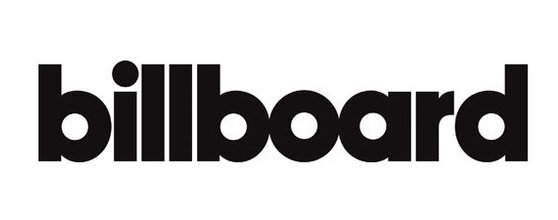Next Upcoming Show
8:00PM @ UC Santa Barbara Arts & Lectures
Santa Barbara, CAThursday, February
19
Learn MoreFor Devonté Hynes, His First Grammy Nom — For Classical Music — ‘Feels Like Doors Opening’

Published on March 11, 2021
by Rebecca Milzoff | Share this post!
“The fact that this nomination is within the compositional, classical world — it takes on a different connotation in my mind. It feels like doors opening, whether that’s for me personally or for other people who may see it. Whatever kind of viewpoint you may have in regard to awards, the idea of a Black composer even breaking through is something.” —Devonté Hynes
“They’re incredibly intuitive, so in sync with each other. It was very motivating.” —Devonté Hynes
We are honored that our album Fields, a collaboration with composer, producer, and performer Devonté Hynes, has been nominated for GRAMMY® Awards in two categories. Check out this fantastic feature on Devonté, and hear about why nominations in the classical category are so special to him.
Producer, composer and multi-instrumentalist Devonté Hynes, 35, has worked with acts like Solange, Carly Rae Jepsen, HAIM and Mariah Carey; records on his own as Blood Orange; and has scored screen projects, including Queen & Slim and HBO’s We Are Who We Are. But his first-ever Grammy nomination came in a wholly unexpected realm: classical music. Fields — a suite of his music recorded by Third Coast Percussion, with Hynes himself on synths — began three years ago as one piece that Hynes was commissioned to write for a dance performance. Now he’s nominated for best chamber music/small ensemble performance. (The album is also up for best engineering.) No one’s more surprised than Hynes himself. Below, he reflects on the nomination.
It’s the first time I wrote music for other people to perform. Before that, for the most part, I’d be writing subconsciously based upon my own performing ability. Around the same time I started working with Third Coast, I ended up playing the [Philip] Glass Etudes [for a performance of the composer’s work at the Kennedy Center]. It was a pretty formative time for me — I’d never really performed other people’s music before. I’d played in bands or played an instrument or two for someone else live, but it’s a very different world. Those two things really did stretch my mind, which aided a lot of my compositional writing after that.
It really was a collaboration. I went to Chicago to see Third Coast’s studio, their equipment. I got to see them perform up close, see how they move, how they create. My entire thought process while writing it was for performance. I went back to New York and wrote and demo’d the first 20 minutes or so, then sent that to them with the scores. That was, like, not a test, but seeing what that would become. They worked it out and recorded it, then sent it back to me, which was really mind-blowing and magical. I was able to then see what I could do in a bigger way.
There were times I wondered, “Is this a little too crazy?” I was trying to see what I could get away with. And they were more than able to do it and to add their own thing to it. I’d say to them, “If you want to try this any way you want to do it, go ahead! I’m curious to see what shape it can take.” They’re incredibly intuitive, so in sync with each other. It was very motivating.
I was reading recently about Gershwin and his hangup about not necessarily being the most advanced in terms of music theory and education, which is something I definitely relate to. I’m not at conservatory level. The fact that this nomination is within the compositional, classical world — it takes on a different connotation in my mind. It feels like doors opening, whether that’s for me personally or for other people who may see it. Whatever kind of viewpoint you may have in regard to awards, the idea of a Black composer even breaking through is something. I think about being younger and the things I’d see that would inspire me and make me feel not so alone. From that angle, it does feel nice to put a foot in and hopefully make classical music more accessible for people of color, people of varying genders or [who are] gender nonconforming, people of lower income. I didn’t own a cello until I was in my late 20s — when I was learning cello growing up, I’d save up to rent one that I’d have to give back at the end of the school year. So this [nomination] really speaks to the heart of a lot of things I care about.
I hadn’t really gone inside that music since I wrote it, so since the nomination, I did a deep listen, and it’s a pretty weird album! “Classical music,” it’s a funny term. When I use it, I’m just thinking about music that’s composed. It can be stretched in so many different ways, and that’s always exciting to me — music that’s stretched beyond the limits of what it’s known for.
Click here to read the original article.

